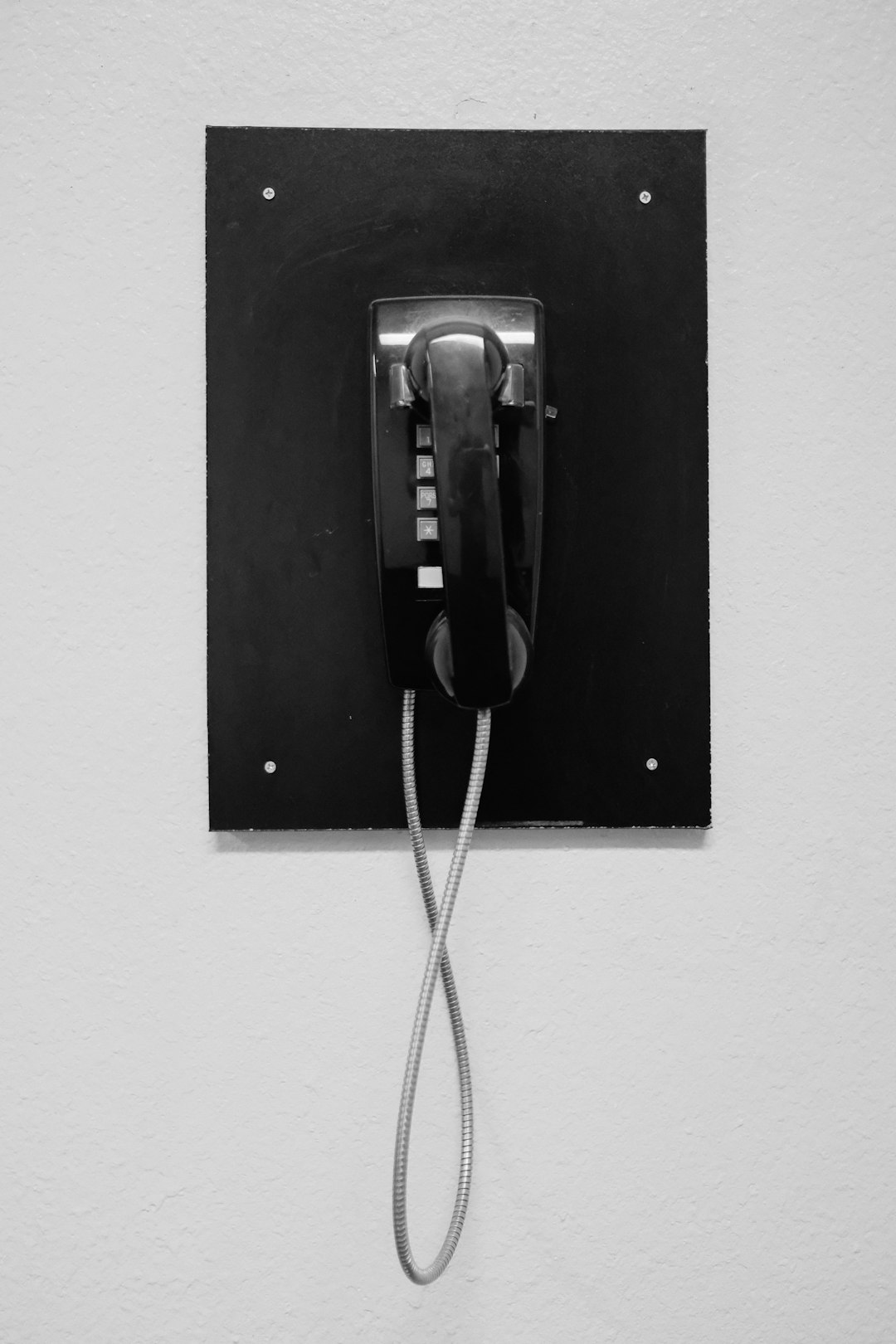Rhode Island residents facing debt collection issues have legal protections under state and federal laws, including the Fair Debt Collection Practices Act (FDCPA). Consulting a debt collector Attorney RI is crucial for navigating complex regulations, protecting privacy, ensuring fair treatment, and taking necessary actions against illegal tactics. These specialists offer guidance on communication strategies and legal actions, ultimately helping maintain peace of mind during debt resolution processes. Unlawful collection practices can lead to legal recourse, including damages, attorney fees, and injunctive relief. Proper documentation is vital for supporting claims in RI courts.
Unfair debt collection practices can be stressful, but understanding your rights under Rhode Island law is empowering. This guide explores how to stop unlawful debt collection tactics in their tracks. From recognizing violative behavior by debt collectors in RI to knowing when to consult a debt collector attorney RI, you’ll gain insights into protecting your financial well-being and legal options available to you. Learn about your rights and take action against unjust practices.
Understanding Rhode Island Debt Collection Laws
In Rhode Island, both state and federal laws govern debt collection practices. It’s crucial for residents to understand their rights under these laws, especially when dealing with debt collectors. The Fair Debt Collection Practices Act (FDCPA) sets national standards for ethical debt collection, but Rhode Island has its own regulations that offer additional protections.
If you’re faced with debt collection issues, consulting a debt collector Attorney RI can provide valuable guidance. Legal experts specialized in this area can help navigate the complexities of debt collection laws, ensuring your rights are upheld. They can assist in understanding your options, communicating with debt collectors, and taking appropriate legal action if necessary.
Rights of Consumers Against Unlawful Practices
Consumers in Rhode Island have powerful rights when it comes to defending against unlawful debt collection practices. According to state laws, individuals are protected from harassment, threats, or false statements made by debt collectors. It’s important for folks facing debt issues to understand their legal standing. If you believe a debt collector has violated your rights, consulting with a debt collector attorney RI is advisable.
A debt collector Attorney RI can help navigate the complex laws and ensure your rights are respected. They can take necessary actions, such as filing complaints or representing you in court, to stop unlawful collection tactics. Protecting your privacy and ensuring fair treatment during debt resolution processes are key aspects of maintaining peace of mind.
When to Consult a Debt Collector Attorney RI
If you find yourself facing aggressive or unlawful debt collection practices in Rhode Island, it’s crucial to know your rights and take action promptly. In such situations, consulting a Debt Collector Attorney RI becomes essential. These legal professionals specialize in navigating the complex landscape of debt collection laws and regulations, ensuring that your rights as a debtor are protected.
A Debt Collector Attorney RI can provide guidance and represent you against abusive or illegal debt collection tactics. They can help you understand your options, including negotiating with collectors, disputing inaccurate claims, or even filing legal actions if necessary. Their expertise allows them to effectively communicate with debt collectors on your behalf, ensuring a fair and just resolution.
Legal Actions and Remedies Available in RI
In Rhode Island, individuals who feel they have been subjected to unlawful debt collection practices can take legal action against debt collectors. A debt collector attorney in RI can guide victims through various remedies available under state and federal laws. These include suing the debt collector for violations of the Fair Debt Collection Practices Act (FDCPA) or the Rhode Island Debt Collection Act, which prohibits abusive, unfair, or deceptive acts by collection agencies.
Remedies may include damages for emotional distress, actual damages incurred, attorney fees, and injunctive relief to stop further harassment. Individuals should document all interactions with debt collectors, including dates, times, and details of communication, as this evidence can be crucial in supporting their case against a debt collector in RI courts.






